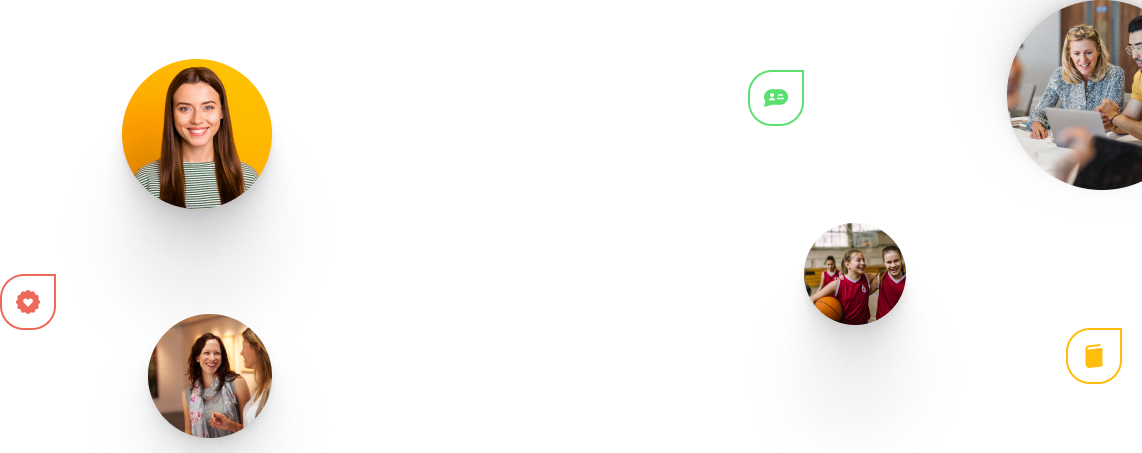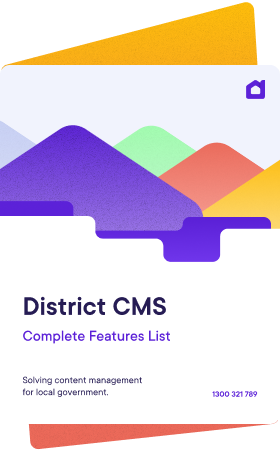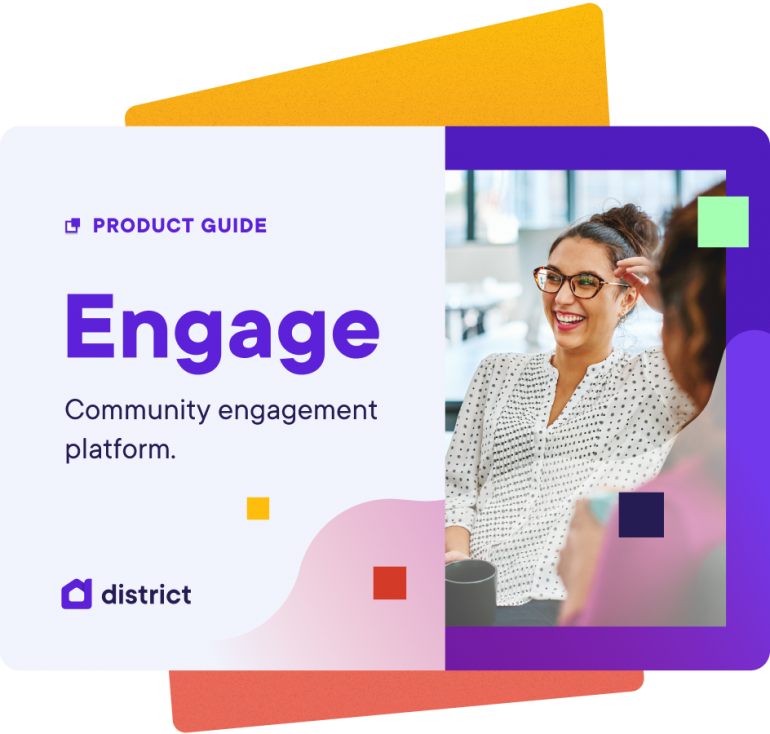The pandemic has had a profound effect on the way we communicate and interact with each other. While digital tools have been around for years, there is no doubt that the pandemic has exacerbated the push to virtual and online engagement. Today, AI is also having an impact in the way community engagement practitioners perform their work.
What has been the impact of this shift? What are the benefits and drawbacks of these new technologies on the practice of bringing people together?
In this article, we’ll explore the impact of virtual and online engagement, and how this shift has enhanced community engagement practices. We’ll take a look at digital tools and community engagement platforms and examine how they are shaping the way we build and nurture relationships with the community.
Enhancing community engagement practices
Digital community engagement platforms and online tools have transformed and streamlined the way we engage with our communities. While governments and business groups started on the path to digital transformation years ago, the pandemic has helped normalise virtual meetings and online forums for the general public, accelerating the push to digital.
Benefits of online and virtual community engagement
Reach
One of the big advantages of conducting a community engagement project online is the ability to transcend geographic boundaries. In a big country like Australia, digital engagement tools can help ensure that people from remote and regional communities can contribute their ideas and opinions to public consultation projects.
Social media, email, and digital platforms are an essential part of a communications campaign and can help raise awareness of an issue to a wide audience, and increase participation rates across the community.
Accessibility, inclusivity, and flexibility
Traditional engagement practices such as door knocking, community forums, and telephone surveys are not accessible to everyone. Factors ranging from disability, age, language barriers, work schedules and family commitments can limit a person's ability to engage.
But virtual engagement practices can overcome these barriers to participation. When coupled with a solid communications campaign to raise awareness, virtual and digital tools can provide an accessible, inclusive, and flexible forum that encourages participation from a diverse range of voices across the community.
Enhancing collaboration
Virtual and digital tools have made it easier than ever to collaborate, and this has revolutionised the way community engagement practitioners work with project stakeholders. From virtual meetings, working on shared documents and workflow tools, to digital engagement platforms where ideas can be shared and discussed.
A digital engagement platform, such as District Engage, makes it simple to incorporate multimedia elements such as video, infographics, and interactive maps into the consultation project, deepening the community’s engagement and understanding of the issues.
Webinars, live chats, and virtual town hall forums make it easier than ever for people to engage in community consultation projects, and hear from experts and stakeholders, from the comfort of their own home.
Diverse channels
Another benefit of digital and virtual engagement tools is the ability of engagement managers to utilise a wide range of participation tools and communications channels, often at the same time. Hybrid consultations, using a mixture of traditional and digital engagement tools, is a great option when it’s particularly important to reach out and engage with a broad audience. You can read more about hybrid consultations here.
Reporting and analytics
One of the biggest benefits of digital and online tools for community engagement practitioners is the ease of tracking and reporting. Using a platform like District Engage helps you track participant engagement across a wide range of variables including different participation tools, geographic areas, age, and date ranges, while qualitative analysis tools can deliver immediate insights on long-form survey and form responses.
Cost savings
A virtual community engagement campaign, including digital tools, online community meetings, and social media, can minimise the cost of overheads incurred in traditional forms of engagement which might include travel expenses, printed materials, and venue bookings. Plus, the a digital campaign's ability to target a particular audience guarantees an efficient use of time and resources.
So what's the catch?
Despite a wide range of benefits to a virtual and digital community engagement campaign, it’s also important to be aware of the downsides, and ensure you mitigate these impacts on the overall strategy.
Personal connection
While online engagement strategies can counter the tyranny of distance and enable the project to reach across remote regional and rural communities, there is the risk that the project will not enable the deep connections that practitioners may develop over personal and face-to-face interactions.
Building genuine relationships can be a lot more challenging in a virtual environment, and it could potentially lead to shallower connections.
Technology barriers
Not all internet connections are created equal, and not everyone will be able to access digital engagement tools.
Embracing the future
While the tools we use for community engagement projects are evolving to incorporate more digital and virtual technologies, the core principles of best practice community engagement remain. While we must be aware of the limitations of a digital-driven engagement campaign, it’s also exciting for the profound benefits it can offer.
From capturing a diverse range of voices, tailoring a campaign to meet different community groups, giving us the tools for seamless collaboration with stakeholders, and delivering deep insights into our communities, virtual and digital tools can enhance engagement and help us to build stronger, more resilient communities.
To find out more about how District Engage can enhance your community consultations, talk to one of our experts today.




